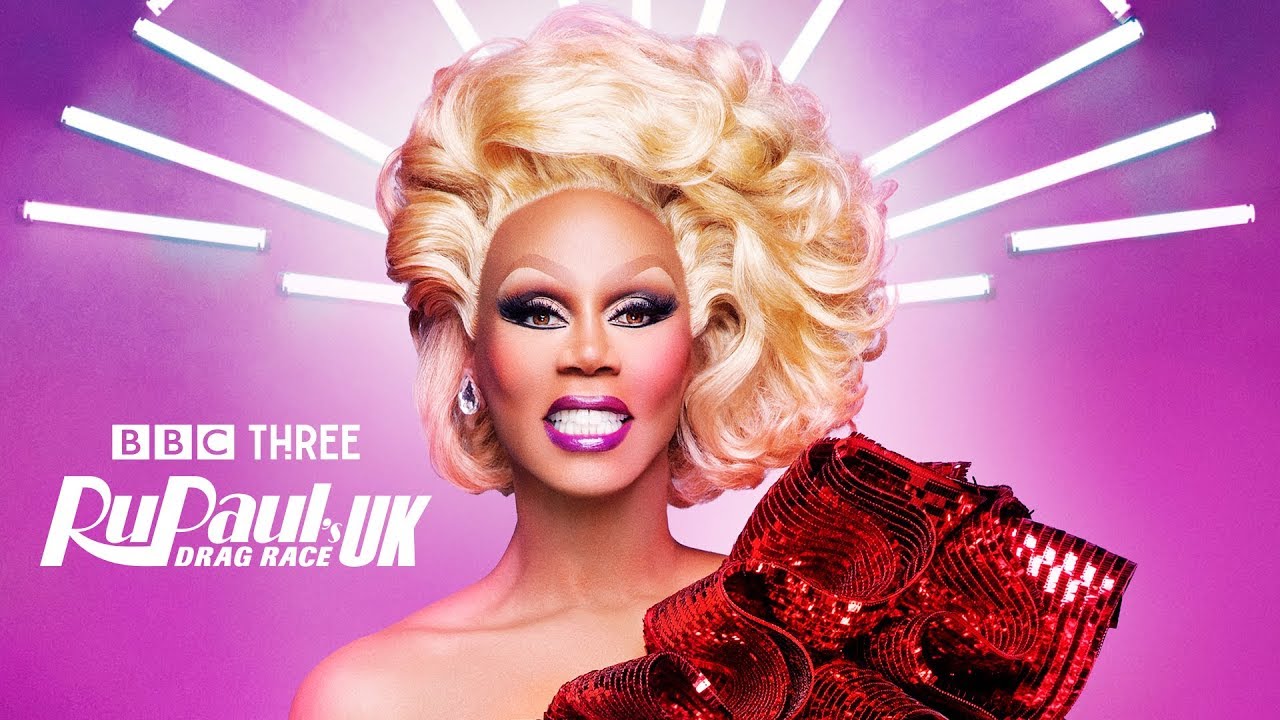Research shows drag life is good for you
Date 15.09.2021
15.09.2021
Drag shows increase the happiness and mental wellbeing of audiences and can help ease anxiety and depression, according to a new study by a team of researchers including the University of Northampton’s, Claire Leer.
The worldwide success of RuPaul’s Drag Race has helped create a huge upswell of positivity for drag, a previously underground community, by increasing its visibility to a mainstream, non-LGBTQ+ audience, and attracting mainstream crowds to live venues. As a result of this profile, the scene has evolved to welcome more diverse fans and brings positives for the happiness and mental wellbeing.
A team of researchers from the University of Northampton, Glasgow Caledonian University, and BIMM Brighton surveyed more than 250 people who attended drag events across the UK. Many said drag shows offered a sense of freedom and happiness in a non-judgmental environment and were a place for self-expression, to socialise, and have fun.
The majority cited RuPaul’s Drag Race UK, streamed on BBC Three, as a factor in their attendance, with a quarter of respondents identified as heterosexual women. Several respondents said the atmosphere of acceptance and openness had a positive effect on their mental health and had eased anxiety and depression, with many describing drag events as extremely welcoming and inclusive ‘no matter gender or lifestyle choices’.
Claire Leer, Senior Lecturer in Events Management and Tourism at the University of Northampton said: “ This collaborative research with colleagues from Glasgow Caledonian University and BIMM Brighton evolved when we discovered our shared love of the TV show RuPaul’s Drag Race.
“RuPaul has propelled drag as an art form into mainstream society which had led to spin off shows and international events. Historically drag events were attended by the LGBTQ+ community, however, we found that the demographics of the audience at UK drag events is more diverse, including young, straight women.
“Our findings overwhelmingly evidence that attending drag events has a positive impact on happiness and mental wellbeing. People feel that they can express themselves in a non-judgemental, safe space where they can escape from everyday life and feel a sense of joy and liberation. With the absence of events over the past 18 months I’m sure this impact on mental wellbeing resonates with many people.”
Daniel Baxter, lecturer in International Tourism and Event Management at Glasgow Caledonian University, and one of the authors, said: “There is overwhelming evidence to support the feeling that attending these events allow individuals to be their ‘true selves’.
“This creates an atmosphere of acceptance and openness, creating a safe space for attendees which is non-judgmental.
“It encourages liberation and self-expression, which boosts attendees’ confidence, and has a positive impact on happiness and mental wellbeing.
“It is evident that drag events have become an accepted form of entertainment and a part of mainstream society and popular culture in the UK.
“RuPaul’s Drag Race has been a catalyst for this change, attracting audiences from outside the LGBTQ+ community.
“Drag events were considered by the attendees as a safe space, where they seek escapism from everyday life by immersing themselves in the drag experience.”
With crowds becoming more diverse, performers at drag events have an opportunity to increase awareness of LGBTQ+ issues.
The study, published in the academic journal Events Management, concludes: “The popularisation of drag has created a more diverse audience attending these events allowing attendees to feel part of a community.
“Performers have an opportunity to educate attendees on both the historical and current plight of LGBTQ+ communities around the world. This message can help create a sense of unity and community which connects those in attendance.”